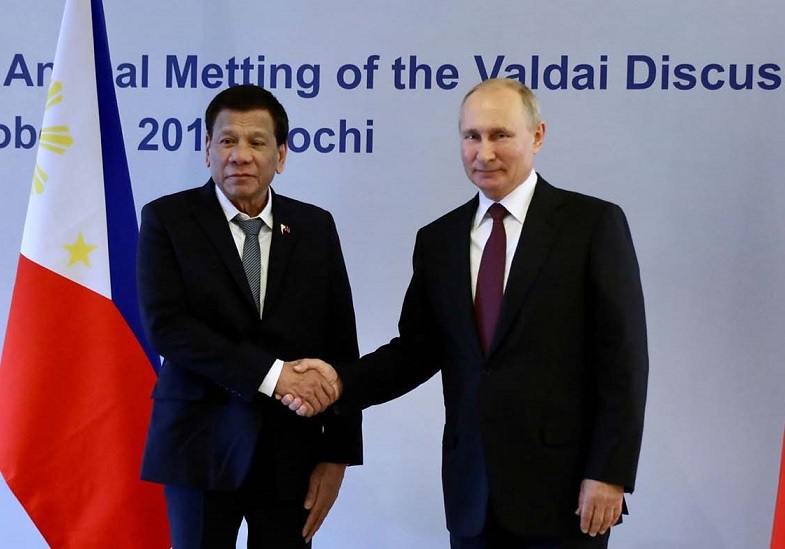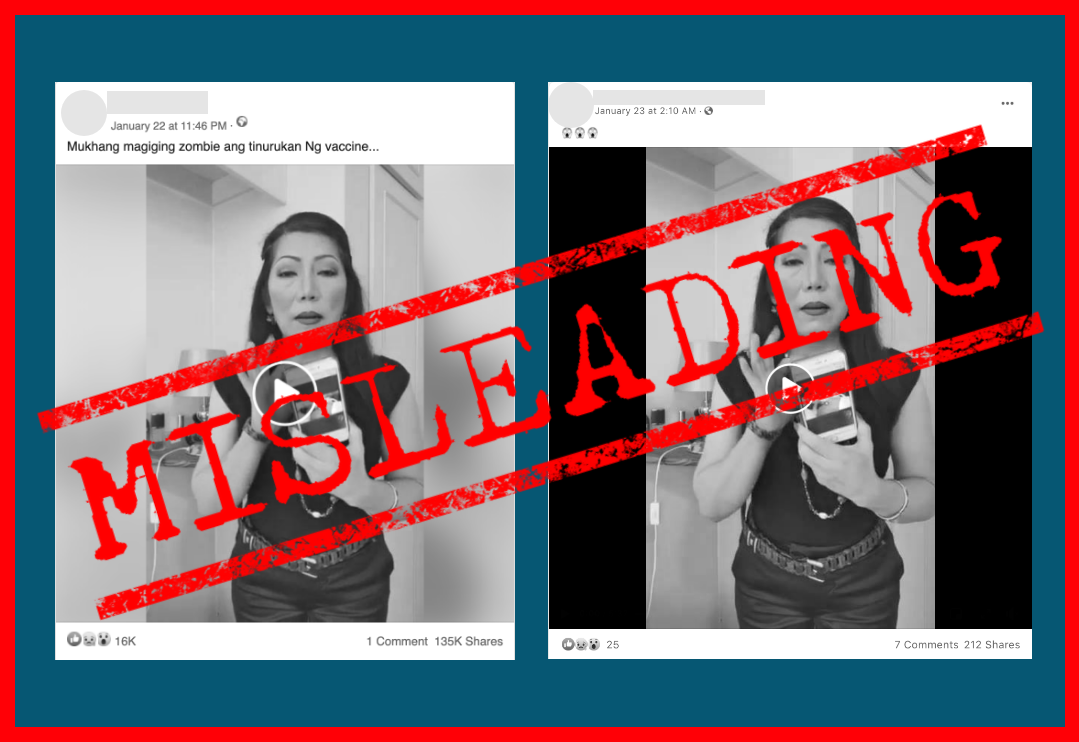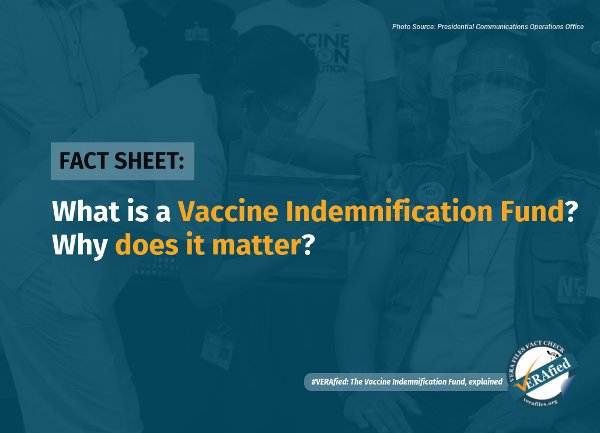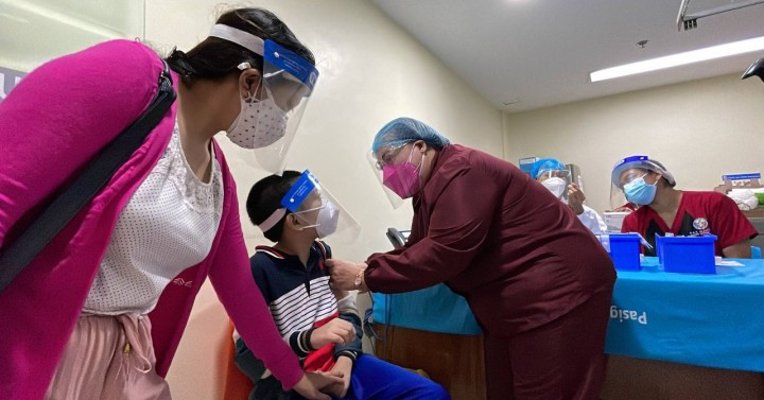As the Philippines officially rolls out today, March 1, its national vaccination program against the coronavirus disease 2019 (COVID-19), it should not sweep some important issues under the rug just because the inoculation drive has begun.
It is important to find out who did not pay attention to the requirement for an indemnity agreement, causing a delay in the shipment of the initial doses of the COVID-19 vaccines.
The unauthorized entry of the Sinopharm vaccines from China that were given to members of the Presidential Security Group (PSG), some Cabinet officials, and private persons close to Malacanang, as well as those used on about 100,000 workers in Philippine Offshore Gaming Operators (POGOs) last September and October ought to be investigated as well.
A few days ago, Cabinet Secretary Karlo Nograles, concurrent co-chair of the Inter-Agency Task Force on Emerging Infectious Diseases (IATF-EID) in the government’s response to the COVID-19 pandemic, candidly admitted that the requirement for an indemnification law to get COVID-19 vaccines came as a surprise.
He said the IATF-EID was “under the impression that it wasn’t really a requirement” because those negotiating for the vaccine procurement had asked what else they have to accomplish and that they were not told that a law was needed to ensure funding allocation for indemnification of vaccine recipients, who would suffer from serious side effects after inoculation.
The absence of a law providing for an indemnity fund had caused the delay in the shipment of the COVID-19 vaccine. The first batch of 117, 000 doses of the Pfizer-BioNTech vaccine from the COVID-19 Vaccines Global Access (COVAX) facility, a globally-pooled procurement and distribution initiative to ensure equitable access to the vaccine. The shipment was supposed to have arrived on Feb. 12. The 600,000 doses of Sinovac from China that was scheduled to arrive on Feb. 23 came five days late.
This was the reason why Congress had to rush approval last week of a bill creating a P500-million National Vaccine Indemnity Fund to cover compensation for potential serious adverse effects stemming from the doses’ emergency use. President Rodrigo Duterte signed the measure into law last Friday to fast-track the delivery and administration of the vaccines.
The indemnity law grants COVID-19 vaccine manufacturers immunity from lawsuits for claims arising from the administration of the shots.
Because of the delay, the Philippines, which is recorded to have one of the highest number of coronavirus infections in Asia, became the last Southeast Asian country to receive its initial set of the vaccines against COVID-19.
Based on statements of other government officials, it appears that the indemnification requirement was not a last-minute condition imposed by vaccine manufacturers, as some officials claimed. Sen. Francis Pangilinan said Health Secretary Francisco Duque III mentioned indemnification during the Senate hearings in December, but that he did not say it was a prerequisite to the procurement of the COVID-19 vaccines.
Some news reports cited a document from the United Nations International Children’s Emergency Fund (UNICEF), a COVAX partner, reminding as early as October 2020 that “all participants allocated vaccines through COVAX will be required to indemnify the manufacturer for the vaccines deployed in their territory.” Further, it warned that “lack of such an indemnification will limit/delay access to vaccines.”
Last December, the Asian Development Bank (ADB) said that vaccine alliance GAVI was negotiating a “model indemnification agreement” that will be part of the procurement documents that must be accomplished prior to delivery of the vaccines.
So, who did not pay attention to the need for an indemnity agreement and funding requirement? It may be argued that a two-week delay won’t really matter. But then, doesn’t it constitute negligence, a criminal offense punishable by imprisonment?
Sen. Sonny Angara, author of the indemnity bill, lamented that an important key to getting the vaccines was not raised during the 2021 budget deliberations late last year. The Senate was informed about the need for its legislation in late January.
Will anyone now stand up to own up to it and claim it was an oversight? Government spokesmen have been evasive on this. What Palace Spokesperson Harry Roque Jr. and vaccine czar Carlito Galvez Jr. have said was that the indemnity requirement was a consequence of the Dengvaxia controversy.
Administration officials make it appear that COVID-19 vaccine manufacturers wanted to avoid a similar fate as Sanofi Pasteur, the French multinational pharmaceutical company that was sued by the Public Attorney’s Office (PAO) over the Dengvaxia debacle. PAO is demanding compensation of P4.2 million for the parents of a 10-year-old girl who, it said, had died as a result of receiving the Dengvaxia vaccine against dengue.
Senate Minority Leader Franklin Drilon also attributed to the PAO the requirement of pharmaceutical companies insisting on an indemnity clause before the delivery of the COVID-19 vaccines.
Galvez confirmed that Pfizer, in asking for an indemnification clause from the government, was fearful that what happened to Sanofi would happen to it should people experience any adverse effects from its COVID-19 vaccines.
However, World Health Organization (WHO) Representative to the Philippines Rabindra Abeyasinghe disputed Galvez’s claim that Pfizer-BioNTech asked for an indemnity deal to shield the company from possible lawsuits such as Sanofi’s.
“The requirements and the standard agreements are common to all countries. They’re not specific to the Philippines. They are not related to any issue that happened in the country relating to Dengvaxia or anything else,” Abeyasinghe said in a media briefing.
It is becoming clear that some people in charge of the COVID-19 vaccine procurement did not pay attention to such an important requirement. How then can we be sure that they got the best deals for the Philippines if they were negligent enough to miss out on that one?
If they were convinced that the indemnity clause was due to the lawsuit against Sanofi on the Dengvaxia vaccine, what then would they do to PAO chief Persida Acosta, who has been blamed for the vaccine scare among parents and children?
The issue of smuggled Sinopharm vaccines from China is far more complicated and serious that should not be ignored. If high-ranking officials are allowed to break the law and breach procedures, and give all sorts of excuses to justify their infraction, how can we expect obedience from the people?
The president has repeatedly emphasized that “nobody is above the law.” His time is running out to match his words with action.
The views in this column are those of the author and do not necessarily reflect the views of VERA Files.
This column also appeared in The Manila Times.





